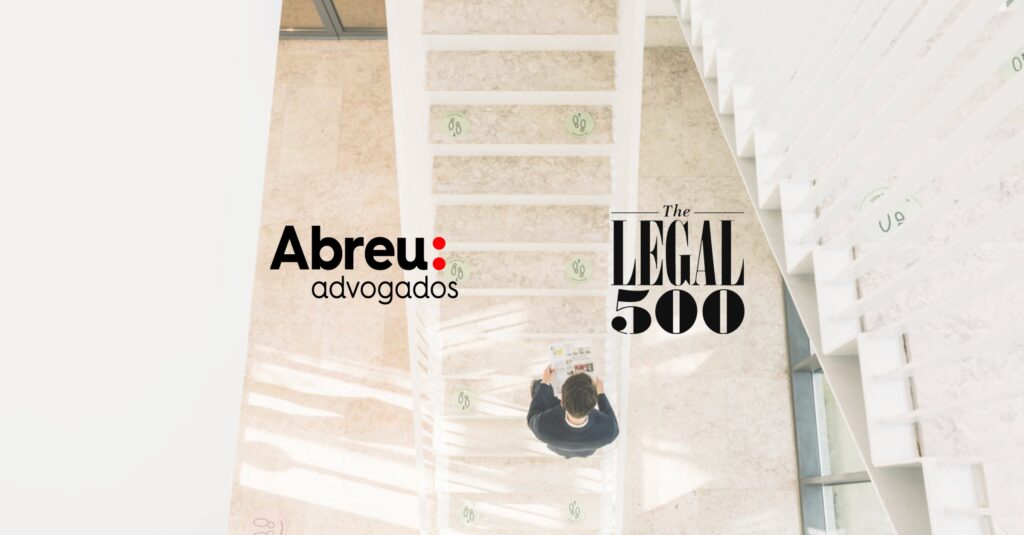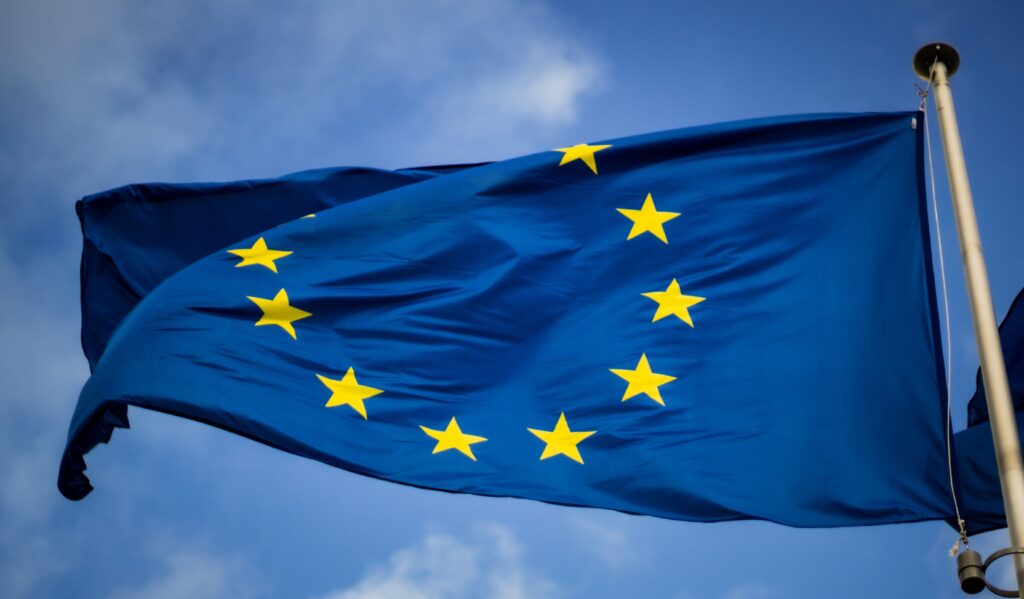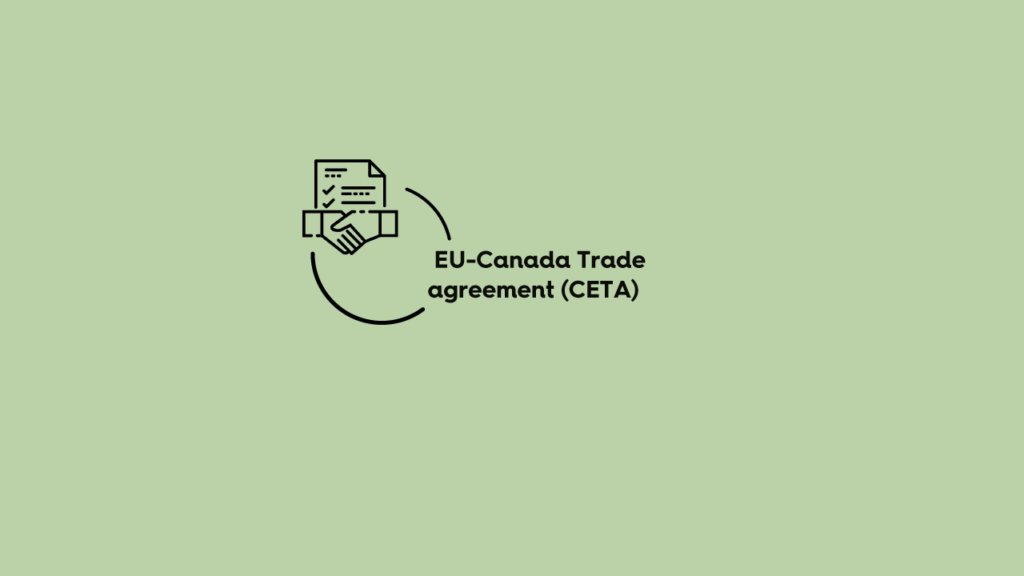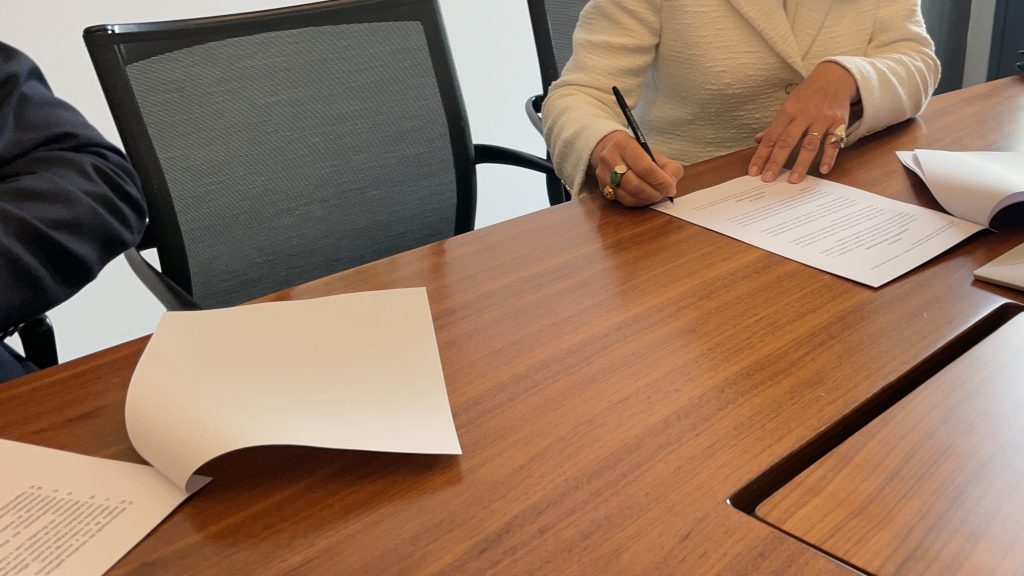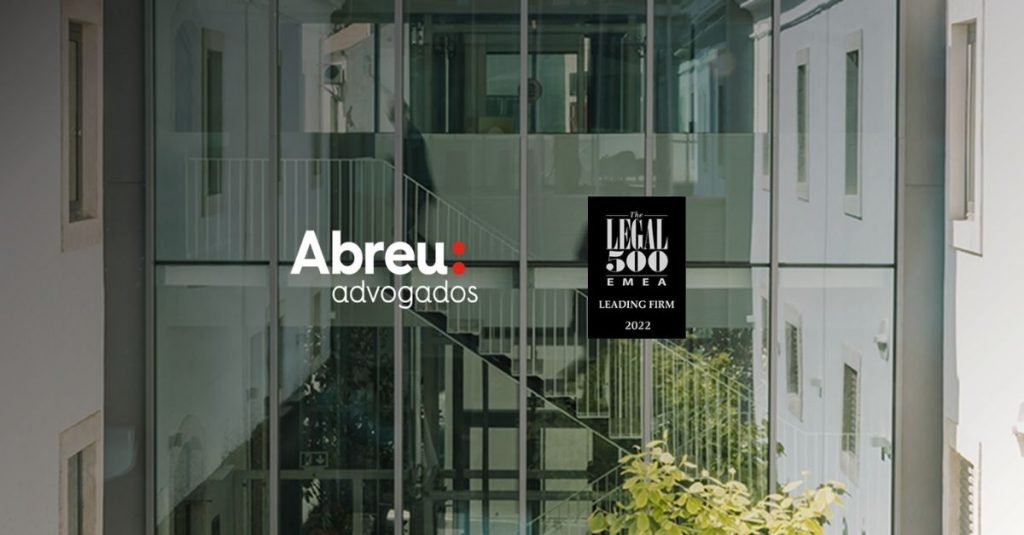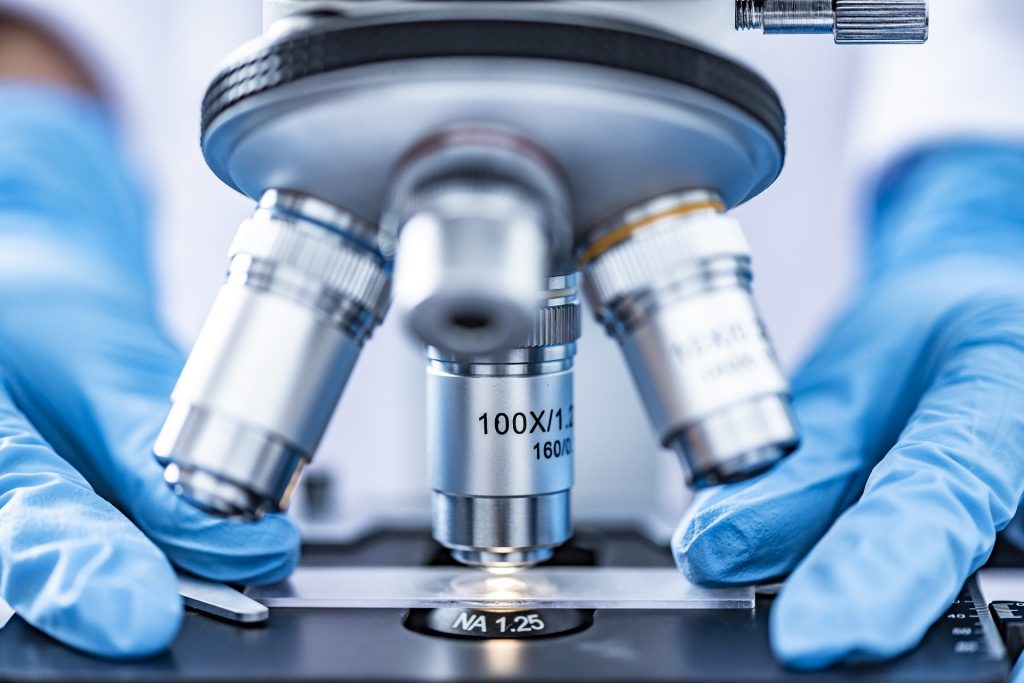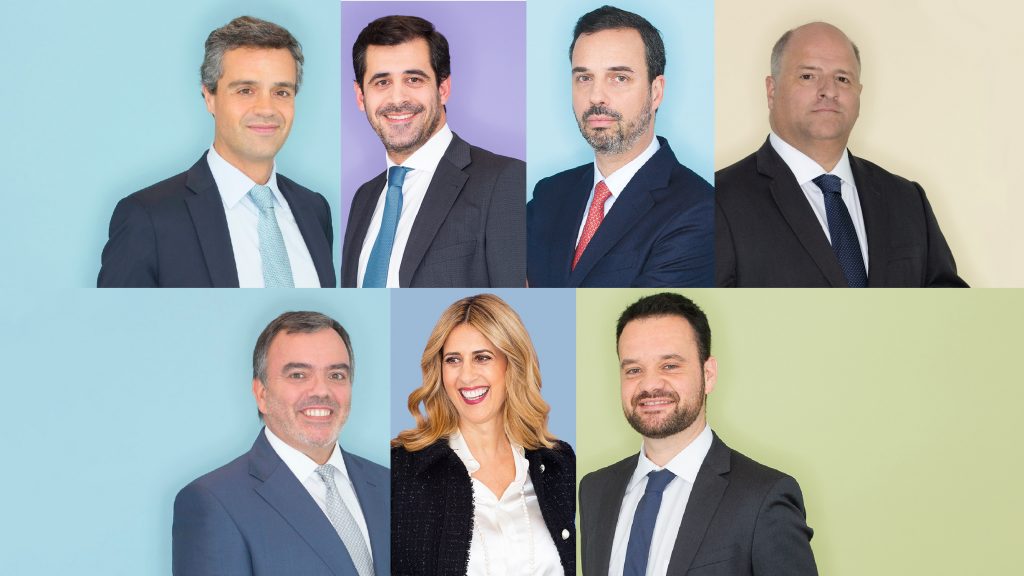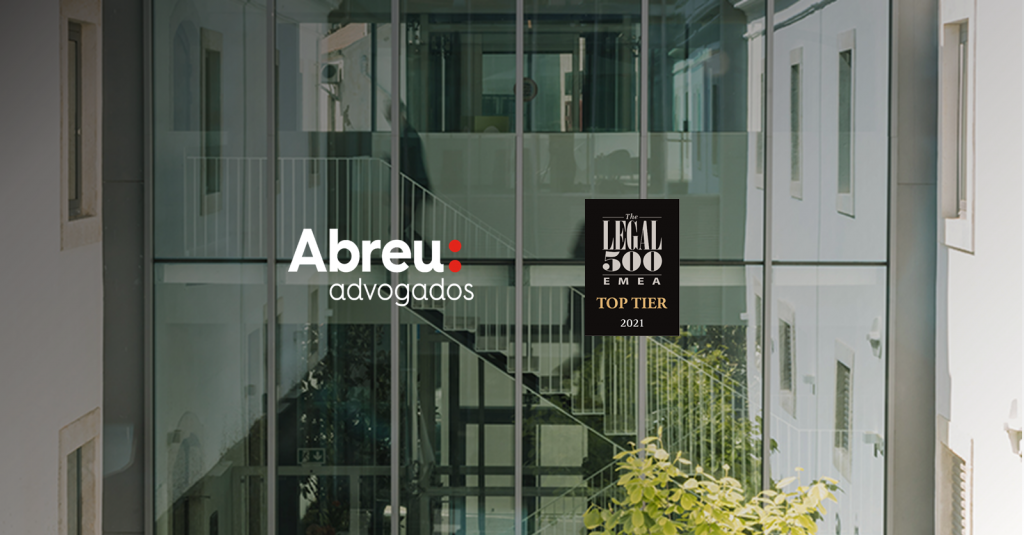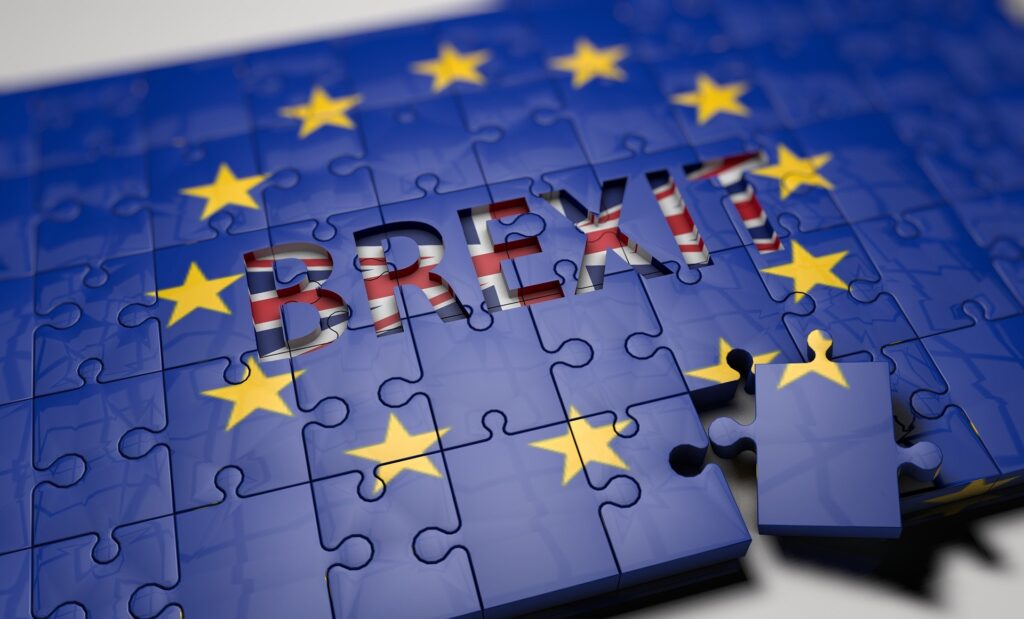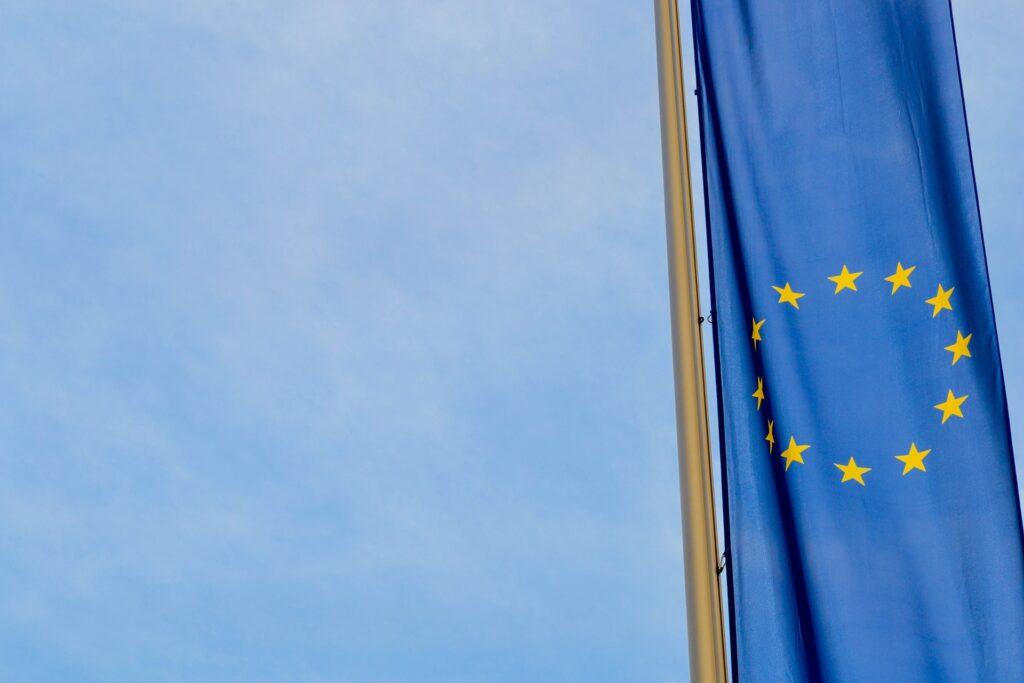26.01.2024
Practice Areas: Competition, Regulatory and EU
Industries: Health, Life Sciences & Pharmaceuticals
Eu Legal Update: competition rules in the pharmaceutical sector
On January 26th 2024, the European Commission released a report with an overview of the implementation of European Union competition and merger rules by the Commission and the 27 National Competition Authorities (“NCAs”) in the pharmaceutical sector in the period comprised between 2018 and 2022. This document represents a relevant update for the sector, succeeding the previous report, published in a pre-pandemic context in January 2019.
From the Commission’s perspective, this report emphasizes the crucial role that European and national competition rules continue to play in ensuring access to a wide range of innovative and affordable medication, under the watchful eye of the Commission.
In the period covered by the report, between 2018 and 2022, the NCAs and the European Commission adopted 26 decisions on pharmaceutical products (with an additional 30 other cases that were still ongoing when the report was finalized), which resulted in fines amounting to €780 million, with several commitments made, and relevant precedents established on issues that had not yet been addressed in European competition practice in this sector.
Regarding merger control, the Commission analyzed more than 30 mergers in the pharmaceutical sector. The Commission detected serious concerns in 5 transactions, one of which was abandoned after indication of the concerns, and the others were only authorized after complex commitments were agreed upon, to address the Commission’s concerns. These concerns include price rises, reduced supply, and reduced innovation in the sector.
To summarize, the Report’s conclusions are as follows:
- The application of competition law has contributed to fairer prices for medication.
- The anti-competitive practices investigated, in terms of innovation and prices, were predominantly as follows:
- Inappropriate use of the patent system and abusive litigation aimed at extending its exclusivity.
- The devaluation of a competitor’s products to protect the position and sales of a dominant company.
- Agreements between undertakings, in the form of pay-for-delay agreements, and collusion aimed at creating barriers to entry for generic drugs, with participants sharing the original manufacturer’s profits.
- Excessive pricing for off-patent medication.
In the period covered by the Report (2018 and 2022), the Commission and the NCAs conducted 60 monitoring and market defense initiatives that not only provided insights into the functioning of the markets, but also contributed to a more pro-competitive design at regulatory and legislative level, allowing for a better understanding of the contingencies for operators in this sector, and corresponding guidance for their conduct.
Abreu Advogados has services dedicated to supporting the health, life sciences and pharmaceutical sectors, particularly in terms of competition and regulatory law on a national and European scale.








